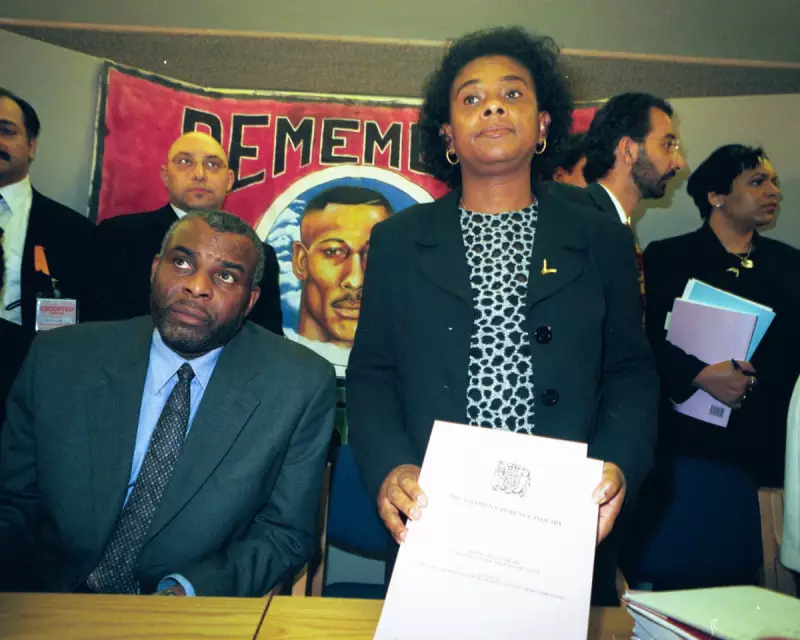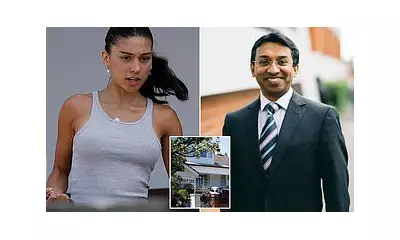
A former Metropolitan Police officer at the centre of racism allegations relating to the Stephen Lawrence murder investigation is mounting a dramatic legal challenge to avoid giving evidence to the public inquiry into undercover policing.
The officer, who cannot be named for legal reasons, is seeking judicial review in what legal experts describe as an unprecedented attempt to evade scrutiny from the ongoing Undercover Policing Inquiry.
Family's Outrage at Legal Maneuver
The Lawrence family has expressed profound disappointment at the development, viewing it as another attempt to obstruct transparency in a case that has spanned decades. "This feels like the same old story - officers trying to avoid accountability," said a family representative.
The inquiry had previously identified the former officer as someone who should provide evidence about their conduct during the original murder investigation and their subsequent work with the controversial Special Demonstration Squad.
Historical Context of Police Failures
The 1993 murder of Stephen Lawrence and the subsequent police investigation became a defining moment in Britain's relationship with institutional racism. A public inquiry led by Sir William Macpherson concluded in 1999 that the Metropolitan Police was "institutionally racist" and identified catastrophic failures in the murder investigation.
This new legal challenge emerges as the Undercover Policing Inquiry examines whether undercover officers improperly targeted the Lawrence family and their supporters during their campaign for justice.
Key Allegations Include:
- Potential surveillance of the Lawrence family and their supporters
- Allegations of racist conduct by officers involved in the case
- Questions about information sharing between police units
- Concerns about obstruction of the original murder investigation
The former officer's legal team argues that compelling their client to testify would violate their rights, though specific legal grounds remain confidential as the case proceeds through the courts.
Broader Implications for Police Accountability
This legal battle represents a significant test for the Undercover Policing Inquiry, which has already faced criticism over delays and transparency issues. If successful, the challenge could establish a precedent allowing other subjects of the inquiry to avoid giving evidence.
A spokesperson for the inquiry confirmed they are "considering the implications of this legal development" while maintaining their commitment to "uncovering the truth about undercover policing operations."
The High Court is expected to hear the case in the coming months, with campaigners warning that any success in blocking testimony would deal a devastating blow to efforts to achieve full accountability for historical police misconduct.





